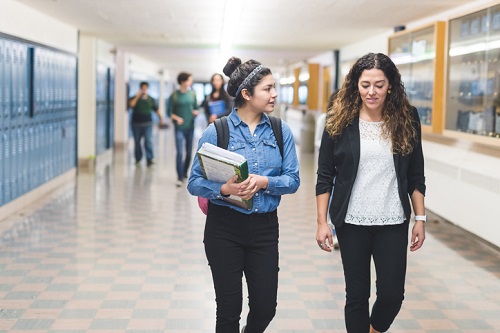
A new US study has dispelled some of the common myths about school choice programs.
The effectiveness of school choice programs has been a topic of significant contention in education systems around the world, with critics claiming that they allow parents to use tax payer money to send their children to the school of their choice, causing public schools to lose money.
However, a study by Marty Lueken, director of fiscal policy and analysis for EdChoice, shows that this is not the case.
The study – published on the EdChoice website and reported by NewsOk – examined the financial impact of 16 school choice programs in nine states and the District of Columbia that allow parents to use tax funds for private school tuition.
Lueken found the 16 programs “generated cumulative net savings to state and local budgets worth $3.2bn from when they were launched to FY 2015.” That averaged $3,400 in savings per recipient.
“Because districts usually keep some part of funding for students they no longer serve, the amount of resources a district has available per student will increase when enrollment declines,” Lueken was quoted by NewsOk as saying.
The report assumed the cost of educating students with special needs is twice the cost of educating other students, noting this is a “cautious” estimate since US Department of Education data shows the student-staff ratio for those with special needs is 3.3-to-1, compared with an 8-to-1 ratio overall.
From 2011 to 2016, Lueken found, the estimated average cost to Oklahoma for students with special needs was $8,977, and the estimated average variable cost per student for students with special needs was $10,670.
But the average amount received by Henry scholarship recipients was $6,632, “significantly less than these variable costs” and an indicator “that that the program is generating cost savings for taxpayers and the district.”
He estimated the Henry program has saved Oklahoma taxpayers $3.2 million, or about $3,200 for each beneficiary. Oklahoma's program would have been cost-neutral even had 38 percent of students attended private schools without the Henry scholarships.
Lueken's findings are in line with most research on this topic.
“No fiscal analysis of any voucher programs in the United States that accounts for both costs and savings — including this one — has found that students exercising choice through voucher programs results in a net negative fiscal impact on taxpayers,” he said.


